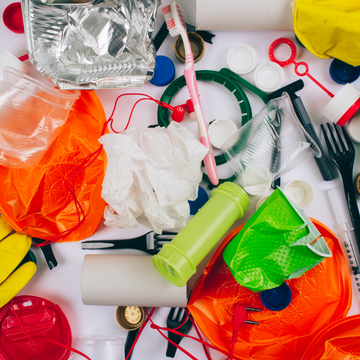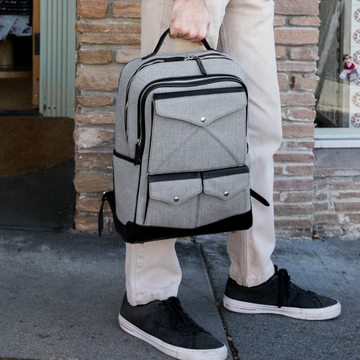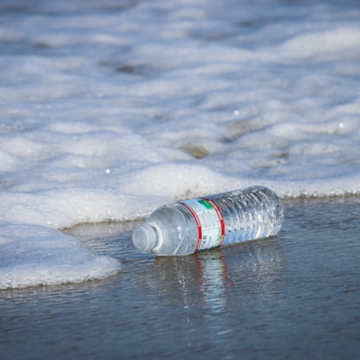In a world where convenience often trumps sustainability, it's time to rethink our relationship with plastics, particularly single-use plastics. The detrimental impact of these materials on our environment is undeniable, and it's high time we take responsibility for our actions. Let's explore why and how we can break up with plastics, bidding farewell to single-use items once and for all.
The Plastic Problem: Why We Need to Break Up
Environmental Consequences

Plastic pollution poses a severe threat to our oceans, wildlife, and ecosystems. Single-use plastics, like straws, bags, and utensils, contribute significantly to this crisis. These items take centuries to decompose, causing long-term harm to our planet.
Health Concerns
Beyond environmental issues, the use of plastics has implications for human health. Harmful chemicals from plastics can leach into food and water, posing potential health risks. By reducing our reliance on single-use plastics, we safeguard not only the environment but also our well-being.
Overflowing Landfills
Landfills are overwhelmed with plastic waste, occupying valuable space and emitting harmful greenhouse gases as plastics break down. Breaking up with single-use plastics means less waste in landfills, contributing to a healthier planet.
How to Break Up with Single-Use Plastics: Practical Steps
Bring Your Own (BYO)

Invest in reusable alternatives. Bring your own water bottle, coffee cup, and shopping bags. This simple switch significantly reduces the demand for single-use plastics.
Embrace Alternatives
Explore eco-friendly alternatives to single-use items. Bamboo or stainless steel utensils, beeswax wraps instead of plastic wrap, and cloth napkins are just a few examples.
Refuse and Reduce
Politely refuse single-use plastics when offered. Whether it's a straw at a restaurant or a plastic bag at the store, your refusal sends a powerful message. Additionally, try to reduce your overall plastic consumption by making mindful choices.
Educate and Advocate
Spread awareness about the environmental impact of single-use plastics. Advocate for change in your community, schools, and workplaces. Support policies and initiatives that aim to reduce plastic use.
Conclusion: A Future Free from Single-Use Plastics

Breaking up with single-use plastics is a commitment to a sustainable and healthier future. By adopting eco-friendly alternatives, refusing unnecessary plastics, and advocating for change, we contribute to a global movement that aims to mitigate the environmental crisis. It's time to say goodbye to convenience at the expense of our planet and embrace a more responsible and sustainable way of living. Together, let's create a world where the only relationship with plastics is one of conscious consumption and responsible disposal.
Frequently Asked Questions (FAQ)
Is it really necessary to give up all single-use plastics?
While a complete elimination might be challenging, reducing your reliance on single-use plastics makes a significant difference. Every small change contributes to a healthier planet.
What about recycling? Isn't that enough?
Recycling helps, but it's not a perfect solution. Many plastics are difficult to recycle, and the process itself has environmental costs. Reducing consumption is more effective than relying solely on recycling.
Are there affordable alternatives to single-use plastics?
Yes, many affordable alternatives exist. Reusable items may have a higher upfront cost but pay off in the long run. Additionally, many eco-friendly alternatives are becoming more accessible and competitively priced.
How can I convince others to break up with plastics?
Lead by example. Share information about the environmental impact of plastics, and emphasize the positive changes they can make. Encourage small, manageable steps, and celebrate collective achievements.







